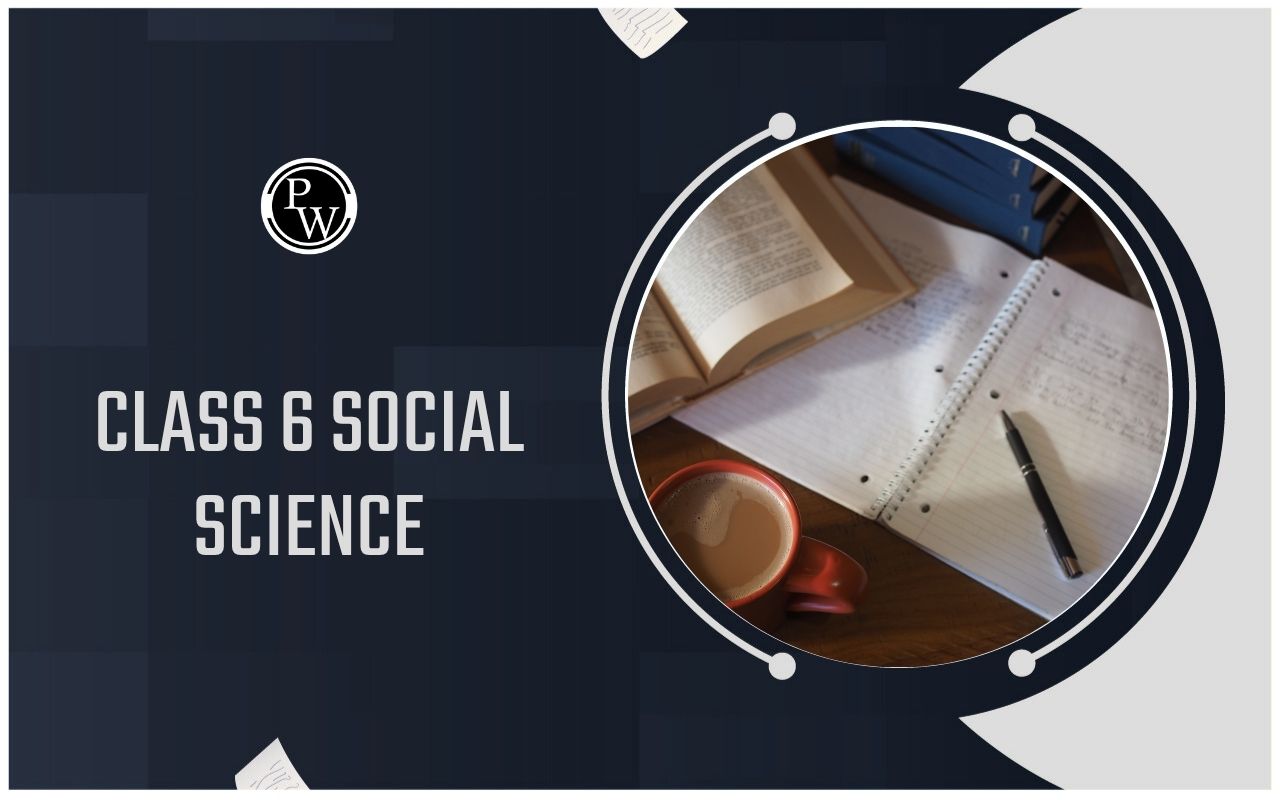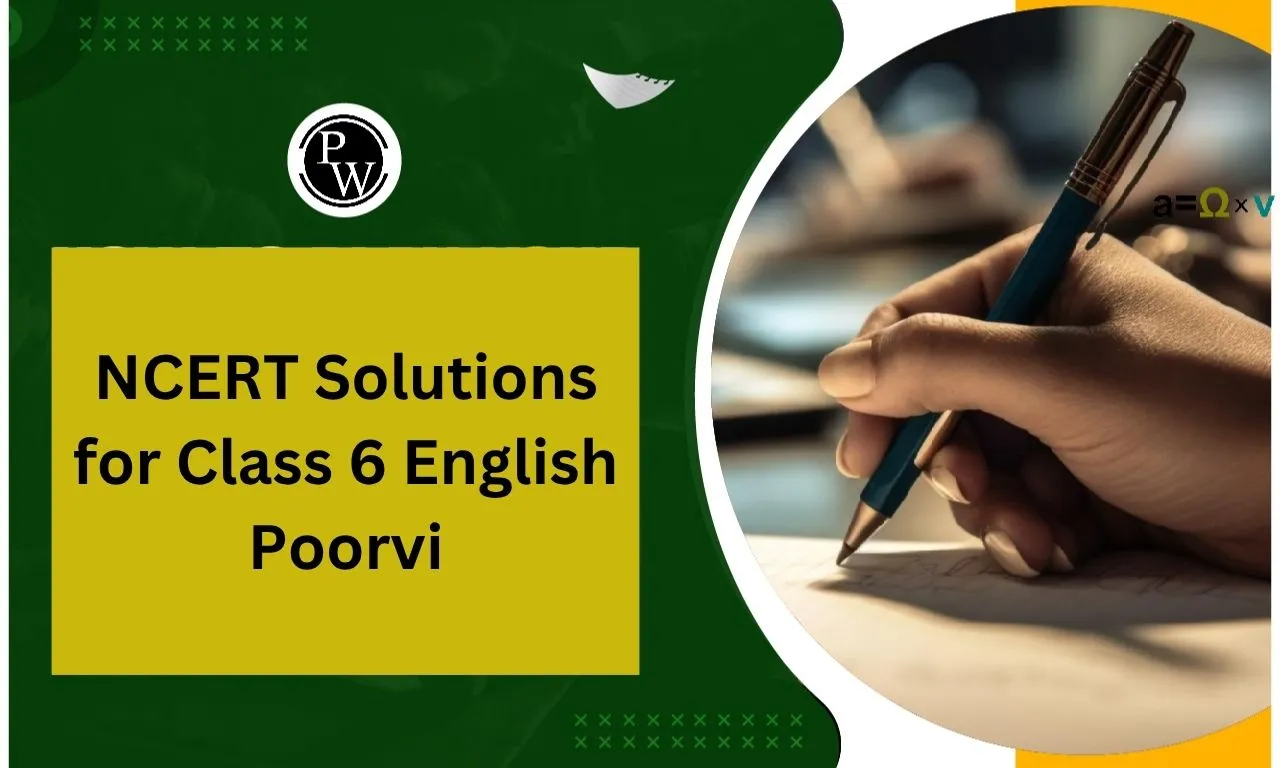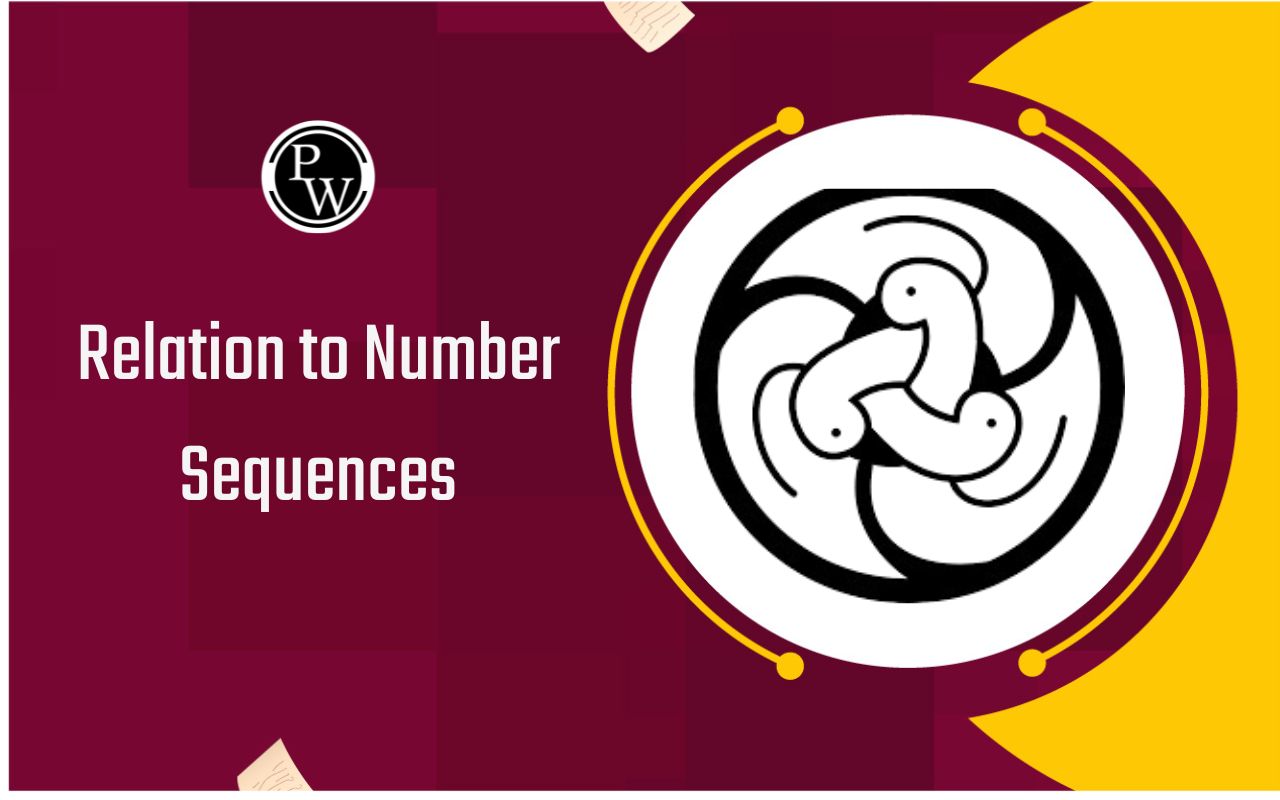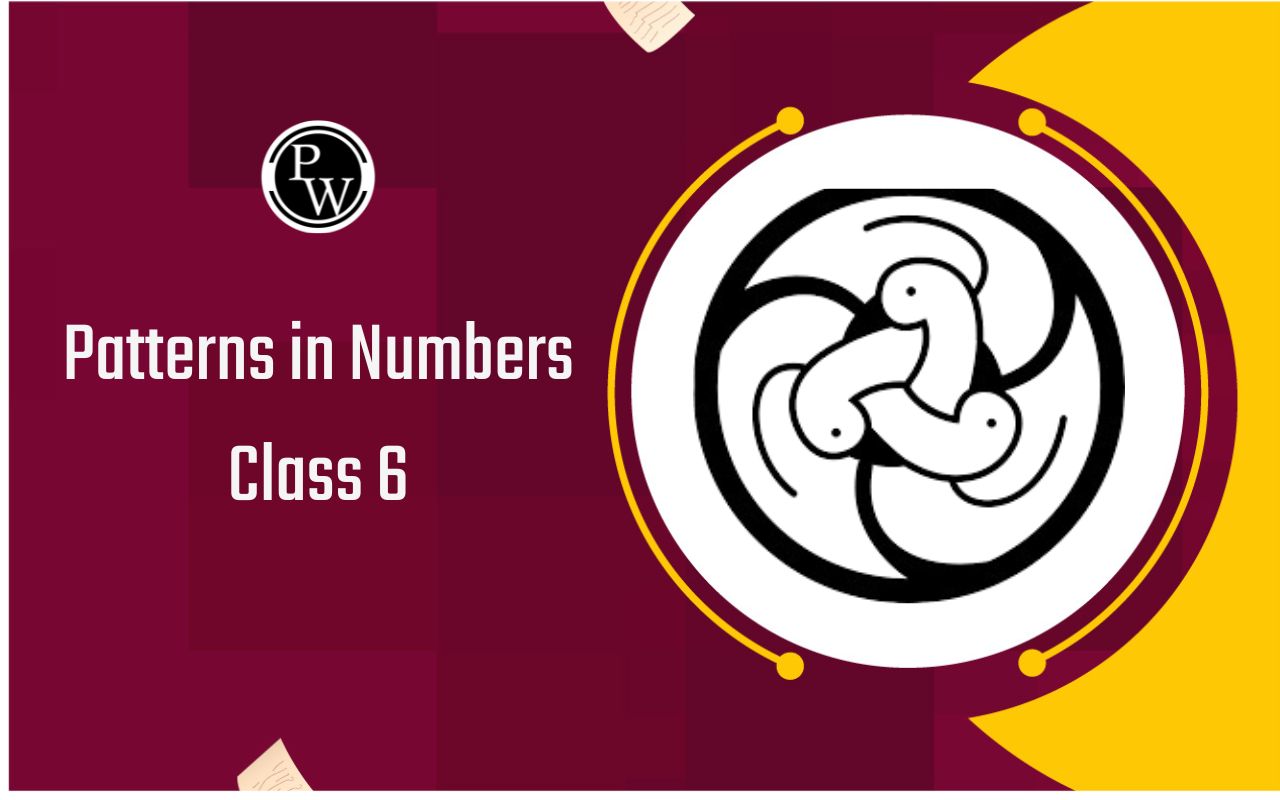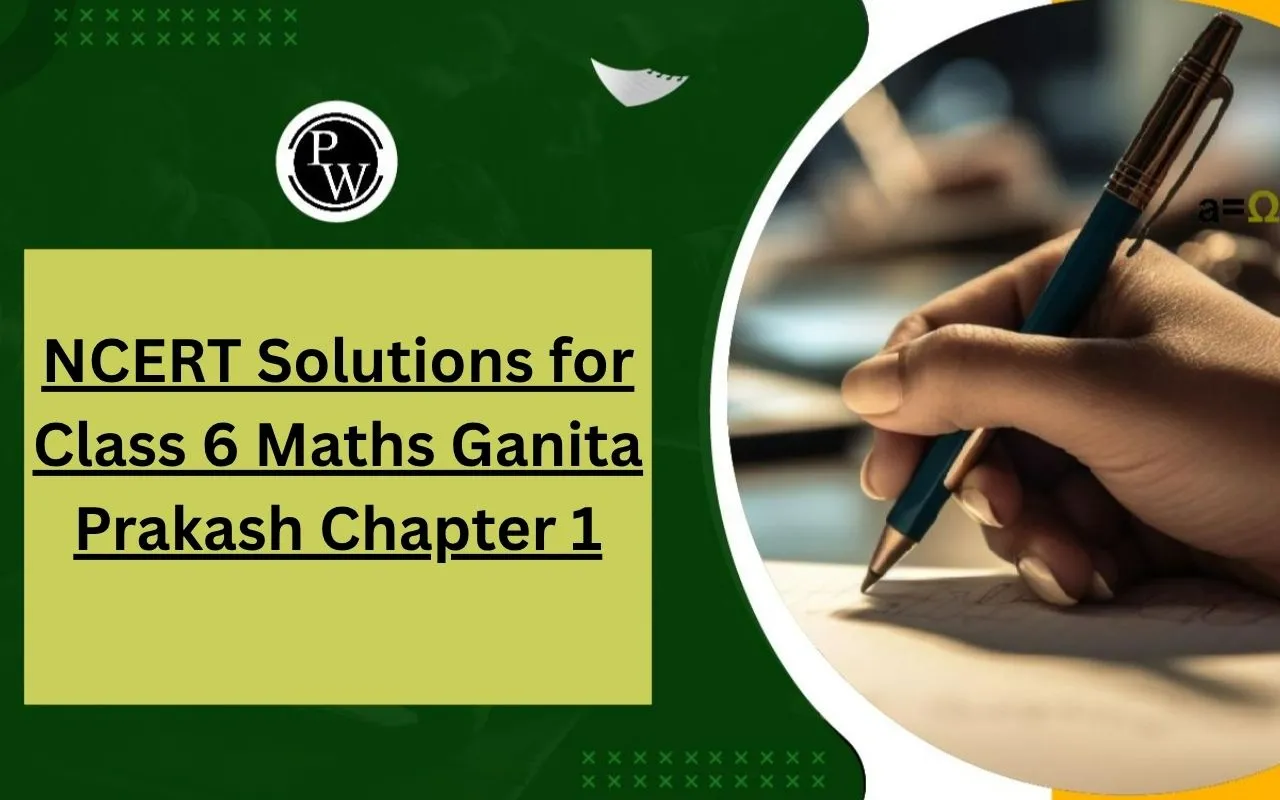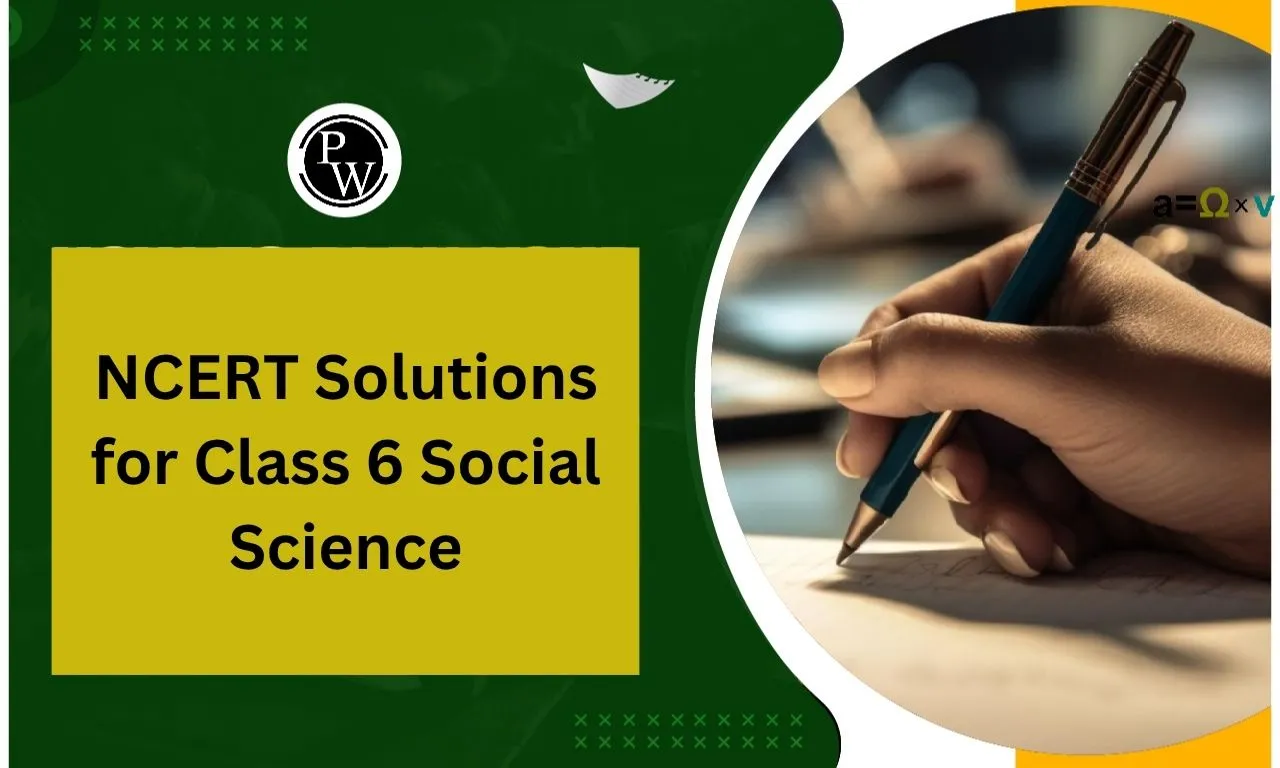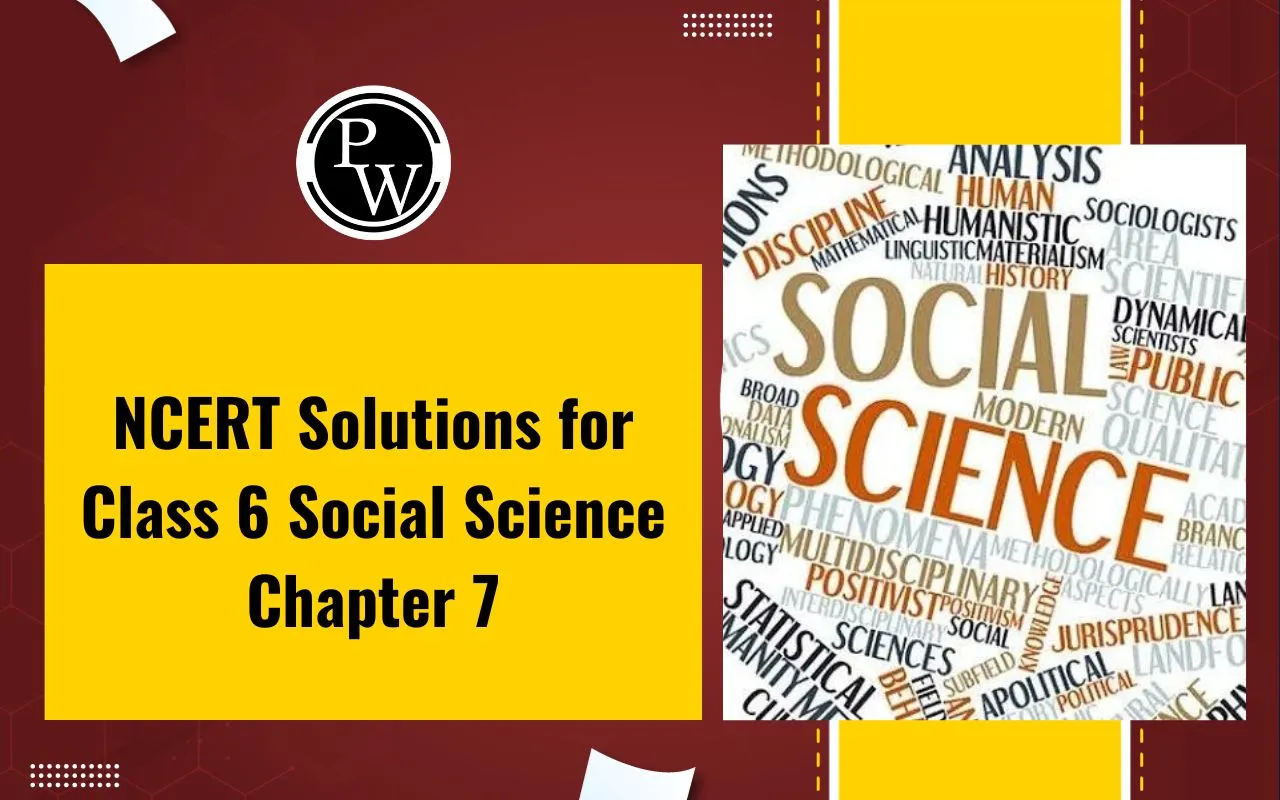
CBSE Class 6 Political Science Notes Chapter 3: In CBSE Class 6 Civics Chapter 3 What is Government? students learn about the fundamental concept of government and its important role in society. It explains that a government is responsible for making laws, enforcing rules and managing resources to ensure the smooth running of a country. The chapter also covers the different types of governments, such as democracies and monarchies and highlights their key characteristics. For a detailed understanding, refer to the CBSE Notes Class 6 Civics Chapter 3 which simplifies these concepts and help in effective revision for exams.
CBSE Class 6 Political Science Notes Chapter 3 What is Government? Overview
CBSE Class 6 Political Science Notes for Chapter 3 What is Government? provide a detailed overview of the important concepts related to government. These notes are prepared by subject experts of Physics Wallah provide a detailed understanding of the role and functions of government in society. By breaking down complex ideas into simple, easy-to-understand explanations, these notes help students grasp the foundational elements of political science, making them an invaluable resource for both learning and exam preparation.CBSE Class 6 Political Science Notes Chapter 3 PDF Download
The PDF link of the CBSE Class 6 Political Science Notes for Chapter 3 is available below. Students can use this resource to review the material and enhance their understanding of the topic for exam preparation. Click the link below to download the PDF and access the notes.CBSE Class 6 Political Science Notes Chapter 3 PDF
CBSE Class 6 Political Science Notes Chapter 3 What is Government?
Here we have provided CBSE Class 6 Political Science Notes Chapter 3 What is Government?-Introduction
A government is important for managing and organizing various aspects of a country. It makes crucial decisions such as where to build infrastructure like roads and schools, how to manage economic issues like fluctuating prices of goods, and ways to increase essential services like electricity. The government is responsible for addressing social issues, running postal and railway services, and ensuring national security. It also plays a critical role in providing aid during emergencies or disasters. Essentially, the government creates and enforces rules to ensure that resources are managed properly, boundaries are protected, and public needs are met effectively. This structured approach helps maintain order and ensures that the country's resources are used efficiently.Levels of Government
Governments operate on three distinct levels to manage the various responsibilities and functions effectively.- Local Level : This is the closest level of government to the people, managing affairs within specific areas such as towns, villages, or localities. It deals with community issues like maintaining local roads, schools, and public parks.
- State Level : This level oversees broader concerns within individual states, such as Haryana or Assam. It handles state-specific issues like education policies, health services, and state infrastructure projects.
- National Level : This level of government addresses matters affecting the entire country. It deals with national policies, defense, international relations, and large-scale economic management.
Laws and the Government
The Government is responsible for creating and enforcing laws that apply to everyone in the country. For example, driving a motor vehicle requires a license. If someone drives without one, they may face legal penalties such as fines or imprisonment. If a person believes that a law is not being followed, such as being denied a job due to their religion or caste, they can approach the court. The court can then issue orders to address the issue and ensure that the law is enforced correctly.Types of Government
Governments operate in different ways depending on their structure. In a democracy, the power to make decisions and enforce laws is given by the people through elections. Citizens vote for representatives who then form the government. This government must explain and justify its actions to the public. In contrast, a monarchy is led by a monarch, such as a king or queen, who holds the decision-making power. While the monarch may consult with advisors, the ultimate authority and responsibility for decisions rest solely with them. Unlike in a democracy, there is no requirement for the monarch to defend their actions to the people.Democratic Governments
India's status as a democracy is the result of a long and arduous struggle by its people. Democracies around the world have similarly evolved through significant efforts to ensure that power rests with the people. In a democracy, citizens have the authority to elect their leaders, embodying the principle of "rule by the people." Rather than direct participation, democratic governments often function as representative democracies, where people elect representatives who then make decisions on their behalf. A key feature of a democratic government is universal adult franchise, which means that all adult citizens have the right to vote. Historically, this was not always the case. In earlier forms of government, voting rights were restricted to property-owning, educated men, excluding women, the poor, and the uneducated. In India, before independence, only a small, privileged segment of the population had voting rights, leaving the majority disenfranchised. Influential leaders like Gandhiji challenged this inequity, advocating for universal suffrage, which led to the establishment of universal adult franchise in India, ensuring that all adults have the right to vote and participate in the democratic process.CBSE Class 6 Political Science Notes Chapter 3 FAQs
What is a government?
A government is a group of people or a system that makes decisions and manages the affairs of a country or community. It sets rules, enforces laws and provides services to help people live together peacefully.
Why do we need a government?
We need a government to make and enforce laws, maintain order, provide public services like schools and roads and protect the country from external threats. It helps ensure that society runs smoothly and that people's needs are met.
What are the main functions of a government?
The main functions of a government include creating and enforcing laws, maintaining public order, providing services like education and healthcare, managing the economy and protecting the country’s borders.
How does a government make decisions?
A government makes decisions through a structured process. Leaders and representatives are elected by the people or appointed to discuss, debate, and decide on important issues. These decisions are then implemented by various government departments.
Talk to a counsellorHave doubts? Our support team will be happy to assist you!

Check out these Related Articles
Free Learning Resources
PW Books
Notes (Class 10-12)
PW Study Materials
Notes (Class 6-9)
Ncert Solutions
Govt Exams
Class 6th to 12th Online Courses
Govt Job Exams Courses
UPSC Coaching
Defence Exam Coaching
Gate Exam Coaching
Other Exams
Know about Physics Wallah
Physics Wallah is an Indian edtech platform that provides accessible & comprehensive learning experiences to students from Class 6th to postgraduate level. We also provide extensive NCERT solutions, sample paper, NEET, JEE Mains, BITSAT previous year papers & more such resources to students. Physics Wallah also caters to over 3.5 million registered students and over 78 lakh+ Youtube subscribers with 4.8 rating on its app.
We Stand Out because
We provide students with intensive courses with India’s qualified & experienced faculties & mentors. PW strives to make the learning experience comprehensive and accessible for students of all sections of society. We believe in empowering every single student who couldn't dream of a good career in engineering and medical field earlier.
Our Key Focus Areas
Physics Wallah's main focus is to make the learning experience as economical as possible for all students. With our affordable courses like Lakshya, Udaan and Arjuna and many others, we have been able to provide a platform for lakhs of aspirants. From providing Chemistry, Maths, Physics formula to giving e-books of eminent authors like RD Sharma, RS Aggarwal and Lakhmir Singh, PW focuses on every single student's need for preparation.
What Makes Us Different
Physics Wallah strives to develop a comprehensive pedagogical structure for students, where they get a state-of-the-art learning experience with study material and resources. Apart from catering students preparing for JEE Mains and NEET, PW also provides study material for each state board like Uttar Pradesh, Bihar, and others
Copyright © 2026 Physicswallah Limited All rights reserved.
